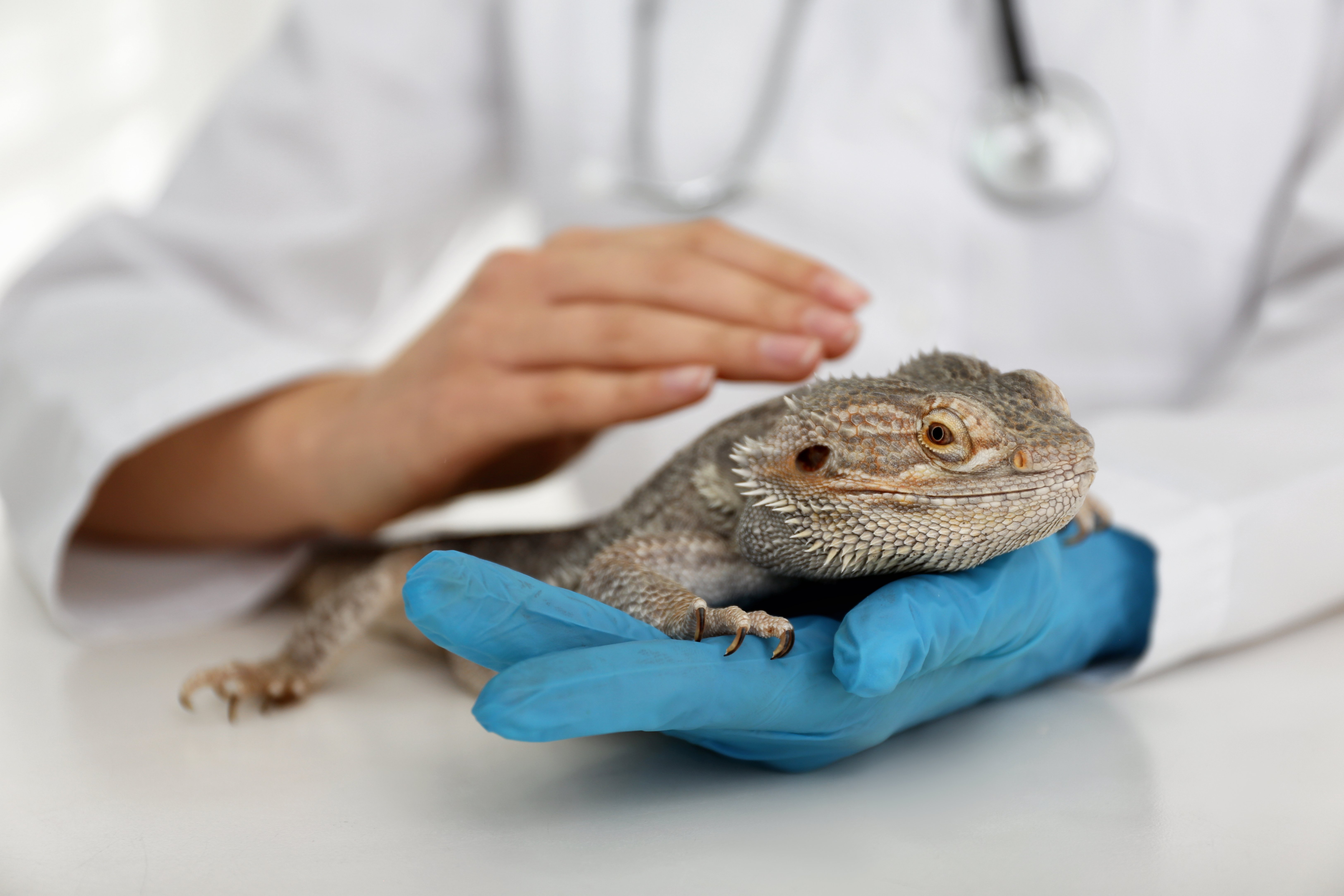Exotic pets, also known as nontraditional or alternative pets, are animals not commonly kept as domestic pets. These can include species from various groups, such as mammals, birds, reptiles, fish, and even insects.
While many people consider exotic pets to be exotic due to their unique appearance or behavior, the definition of an exotic pet can also include animals that are not native to a region.
The Different Types of Exotic Pets
Exotic pets can come in many forms, from small rodents and reptiles to large primates and big cats. Some examples include:
Snakes - Pythons and boa constrictors are popular choices for exotic pet owners
Lizards - Iguanas and geckos are popular exotic reptile pets
Birds - Parrots, macaws, and cockatiels are popular exotic bird pets
Mammals - Monkeys, raccoons, and skunks are popular exotic mammal pets
Fish - Some species, like Arowana and Betta fish, are popular among pet owners
Insects - Tarantulas and praying mantises are popular exotic insect pets
Pros of Keeping Exotic Pets
Keeping exotic pets can be a rewarding experience. Exotic pets can provide companionship and entertainment for their owners. Some, like parrots, can learn to mimic human speech and bond with their owners. Keeping exotic pets can be a way for people to learn about and appreciate different species.
Cons of Keeping Exotic Pets
However, keeping exotic pets also comes with challenges:
Exotic pets often have specific care requirements that can be difficult to meet
Many exotic pets can become aggressive or territorial, which can be dangerous for both the pet and the owner
Some exotic pets are illegal to own or have special regulations to meet
Many exotic pets can have significant lifespans compared to traditional pets, may outlive the owner, and require arrangements for their long-term care
The Importance of Proper Care for Exotic Pets
Proper care is crucial for the well-being of exotic pets. It includes providing the correct diet, appropriate housing, and appropriate veterinary care.
Many exotic pets have specific dietary needs. For example, reptiles often require a diet that includes live insects or rodents, while birds may require a particular type of seed or pellet.
Exotic pets require specific housing appropriate for their size and needs. For example, reptiles may require a terrarium with temperature and humidity requirements, while birds may require a large cage with plenty of room to fly and perch. Regular veterinary care is vital for exotic pets. Many exotic pets are not native to a region, so they may be more susceptible to diseases and parasites that are not in the wild.
Legal Considerations for Keeping Exotic Pets
Many exotic pets are subject to special regulations or are outright illegal to own in certain areas. Some exotic pets have protection by law, and it is illegal to own them without a special permit. These include species endangered or threatened in the wild, such as certain types of parrots or big cats.
Some exotic pets are invasive and may get banned in certain areas. These include animals such as certain types of snakes or lizards that have the potential to harm native wildlife or damage the environment if released into the wild.
In addition to federal regulations, there may also be state and local laws regarding the ownership of exotic pets. These laws vary significantly from region to region. Thus, check with your local authorities before obtaining an exotic pet.
For more about exotic pets, visit Mokena Animal Clinic at our office in Mokena, Illinois. Call 708-479-2811 to book an appointment today.


